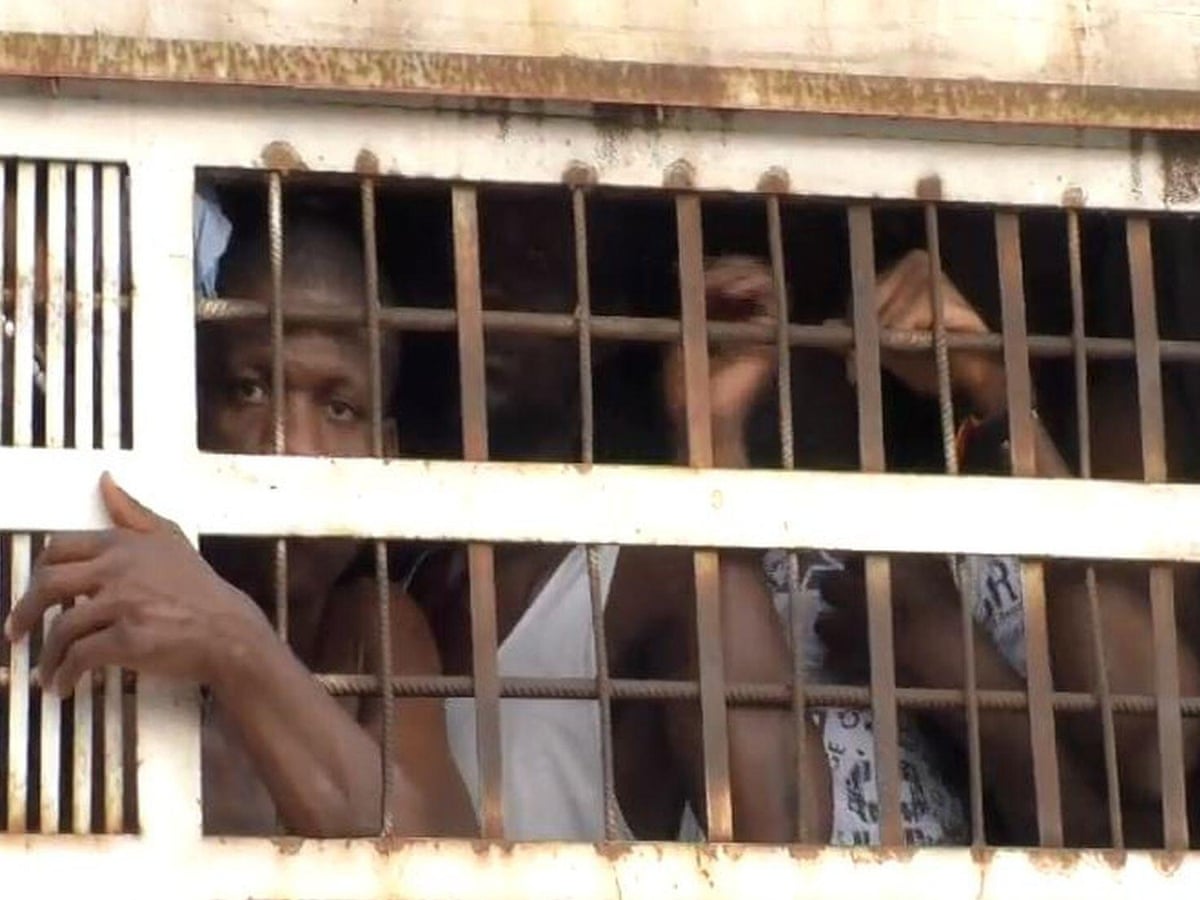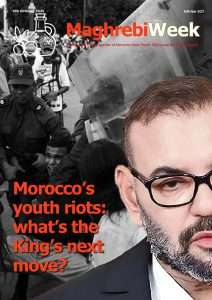Cameroon: 36 opponents still detained 5 years after national protests

Its been half a decade since a mass protest movement known as the Cameroon Renaissance Movement (CRM) saw over 500 people jailed for demonstrating, but today, 36 people still remain in custody, according to Radio France Internationale (RFI), September 22.
Five years ago, Cameroon saw one of its most significant protest movements since the country’s independence, spread across the nation. Hundreds of people in cities across Cameroon took to the streets to call for a complete overhaul of the country’s electoral system and an end to fighting in English-speaking regions of the country through national dialogue.
These calls were led by the opposition party, Cameroon Renaissance Movement, which organised rallies across Cameroon to stand up for citizens who were utterly disillusioned with the political system and a government led by long-time President, Paul Biya. The leader is the oldest head of state in the world, and, despite being 92 years old, is seeking an 8th term in office.
Many view Cameroon’s democracy as extremely flawed, with citizens prepared to challenge the President’s re-election bid.
The 36 activists still imprisoned for participating in these rallies are being held at the Kondengui central prison in Yaoundé. These individuals were handed down sentences between 5 to 7 years by a military tribunal.
Many are now coming to the end of their long stretches in prison, with others still having to serve additional time before their release date.
Two noteworthy individuals are Alain Fogué, treasurer of the CRM and Olivier Bibou Nissack, who was once the spokesperson for opposition leader and head of the CRM Maurice Kamto.
Fabien Offner, a researcher with Amnesty International, has been calling for their release, saying that their imprisonment is unjustified under both national and international law: “On the one hand, these people were arrested and imprisoned simply for exercising [their rights],” he said, speaking to RFI. He also drew attention to the illegitimacy of their trails themselves, saying “it must be remembered that they were sentenced by military courts, whereas if there were to be a trial, they should have appeared before civilian courts.“

Cameroonian authorities have failed to respond to growing concerns from human rights groups about conditions of political dissenters in the country, despite international concerns. Both the UN High Commissioner for Human Rights (UNHCHR), and the Committee Against Torture have reported on the alarming conditions in police stations, gendarmeries and indeed prions across Cameroon.
There is little time remaining until President Paul Biya is likely to secure yet another term as the head of state of a deeply repressed country. To little surprise, this has resulted in a tighter-than-normal crackdown on democratic activities and civil rights, which the UNHCHR warned about on September 2.
Radio France Internationale (RFI), Office of the High Commissioner for Human Rights, Maghrebi.org
Want to chase the pulse of North Africa?
Subscribe to receive our FREE weekly PDF magazine













